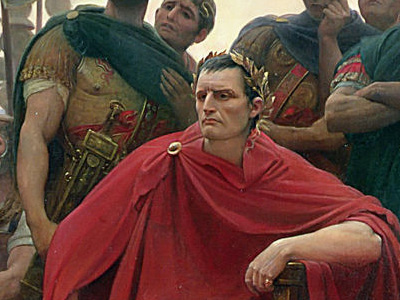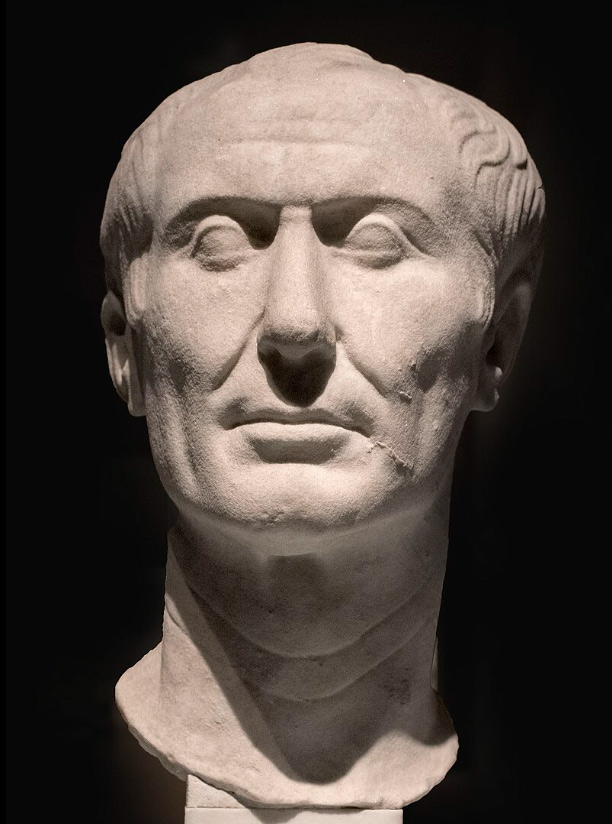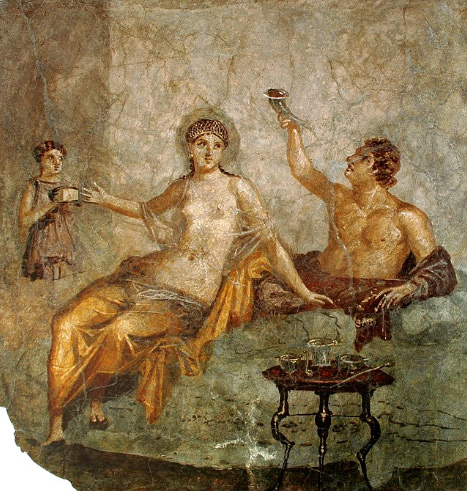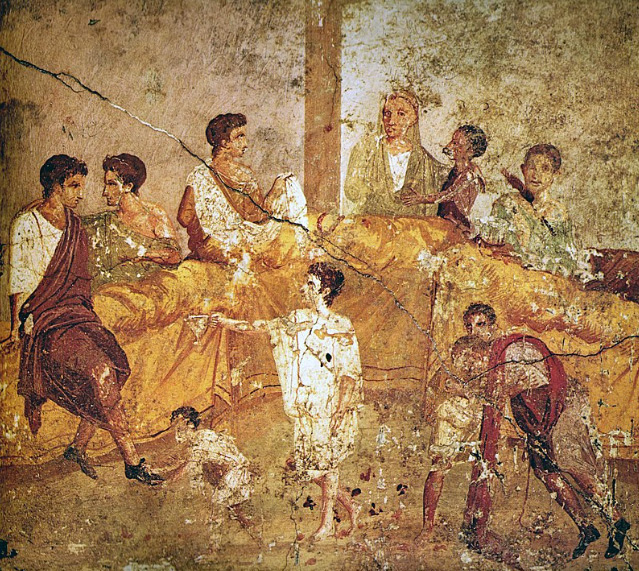Julius Caesar (100-44 BC)
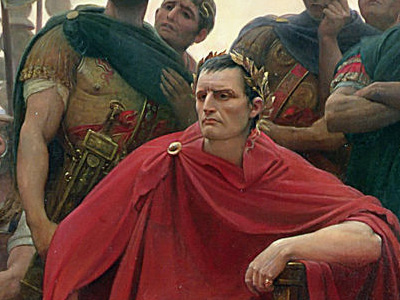
Aftermath of the Assassination
The result unforeseen by the assassins was that Caesar's death precipitated the end of the Roman Republic. The Roman middle and lower classes, with whom Caesar was immensely popular and had been since before Gaul, became enraged that a small group of aristocrats had killed their champion. Antony, who had been drifting apart from Caesar, capitalised on the grief of the Roman mob and threatened to unleash them on the Optimates, perhaps with the intent of taking control of Rome himself. To his surprise and chagrin, Caesar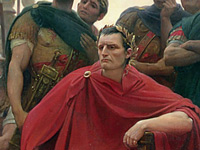 Julius Caesar (100-44 BC), was a Roman politician and general who played a critical role in the events that led to the demise of the Roman Republic and the rise of the Roman Empire. Caesar is considered by many historians to be one of the greatest military commanders in history. Julius Caesar » had named his grandnephew Gaius Octavius his sole heir (hence the name Octavian), bequeathing him the immensely potent Caesar name and making him one of the wealthiest citizens in the Republic.
Julius Caesar (100-44 BC), was a Roman politician and general who played a critical role in the events that led to the demise of the Roman Republic and the rise of the Roman Empire. Caesar is considered by many historians to be one of the greatest military commanders in history. Julius Caesar » had named his grandnephew Gaius Octavius his sole heir (hence the name Octavian), bequeathing him the immensely potent Caesar name and making him one of the wealthiest citizens in the Republic.
The crowd at the funeral boiled over, throwing dry branches, furniture, and even clothing on to Caesar's funeral pyre, causing the flames to spin out of control, seriously damaging the Forum. The mob then attacked the houses of Brutus and Cassius, where they were repelled only with considerable difficulty, ultimately providing the spark for the civil war, fulfilling at least in part Antony's threat against the aristocrats. Antony did not foresee the ultimate outcome of the next series of civil wars, particularly with regard to Caesar's adopted heir. Octavian, aged only 18 when Caesar died, proved to have considerable political skills, and while Antony dealt with Decimus Brutus in the first round of the new civil wars, Octavian consolidated his tenuous position.
To combat Brutus and Cassius, who were massing an enormous army in Greece, Antony needed soldiers, the cash from Caesar's war chests, and the legitimacy that Caesar's name would provide for any action he took against them. With the passage of the lex Titia on 27 November 43 BC, the Second Triumvirate was officially formed, composed of Antony, Octavian, and Caesar's loyal cavalry commander Lepidus. It formally deified Caesar as Divus Iulius in 42 BC, and Caesar Octavian henceforth became Divi filius ("Son of a god").

Because Caesar's clemency had resulted in his murder, the Second Triumvirate reinstated the practice of proscription, abandoned since Sulla. It engaged in the legally sanctioned murder of a large number of its opponents to secure funding for its 45 legions in the second civil war against Brutus and Cassius. Antony and Octavian defeated them at Philippi.
Afterward, Mark Antony formed an alliance with Caesar's lover, Cleopatra, intending to use the fabulously wealthy Egypt as a base to dominate Rome. A third civil war broke out between Octavian on one hand and Antony and Cleopatra on the other. This final civil war, culminating in the latter's defeat at Actium, resulted in the permanent ascendancy of Octavian, who became the first Roman emperor, under the name Caesar Augustus, a name that raised him to the status of a deity.
Julius Caesar had been preparing to invade Parthia, the Caucasus, and Scythia, and then march back to Germania through Eastern Europe. These plans were thwarted by his assassination. His successors did attempt the conquests of Parthia and Germania, but without lasting results.
HISTORY
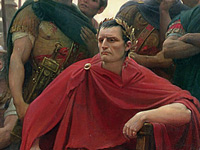
RESOURCES
This article uses material from the Wikipedia article "Julius Caesar", which is released under the Creative Commons Attribution-Share-Alike License 3.0.
© Stories Preschool. All Rights Reserved.
